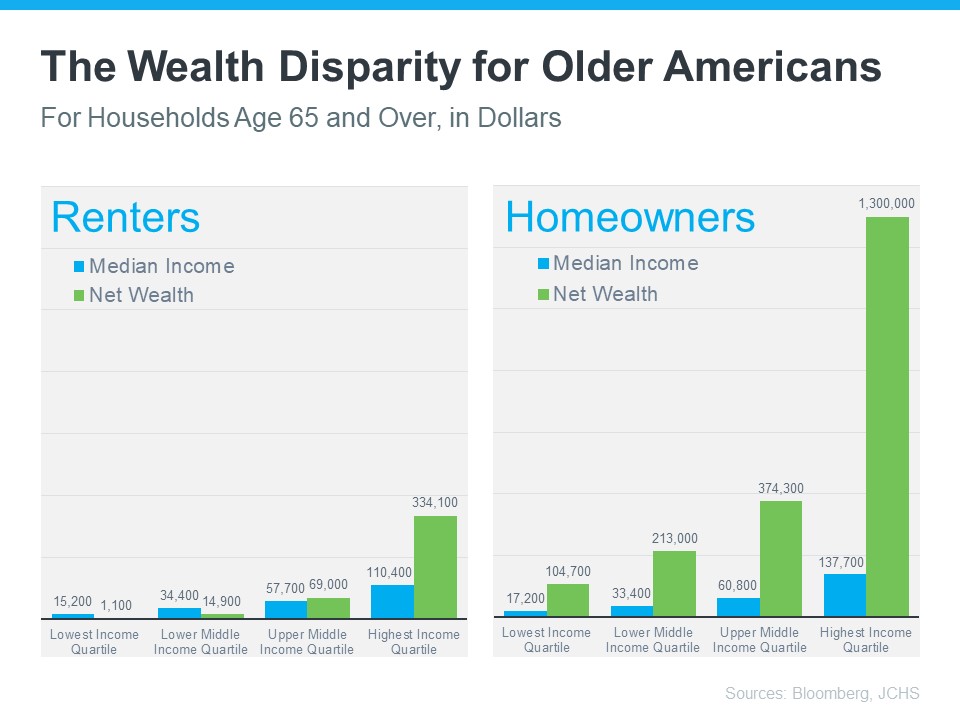NAR Forecasts 4.78 Million Existing-Home Sales, Stable Prices in 2023

WASHINGTON (December 13, 2022) – Lawrence Yun, National Association of Realtors (NAR) chief economist and senior vice president of research, forecasts that 4.78 million existing homes will be sold, prices will remain stable, and Atlanta will be the top real estate market to watch in 2023 and beyond. Yun unveiled the association’s forecast today during NAR’s fourth annual year-end Real Estate Forecast Summit.
Yun predicts home sales will decline by 6.8% compared to 2022 (5.13 million) and the median home price will reach $385,800 – an increase of just 0.3% from this year ($384,500).
“Half of the country may experience small price gains, while the other half may see slight price declines,” Yun said. “However, markets in California may be the exception, with San Francisco, for example, likely to register price drops of 10–15%.”
Yun expects rent prices to rise 5% in 2023, following a 7% increase in 2022. He predicts foreclosure rates will remain at historically low levels in 2023, comprising less than 1% of all mortgages.
Yun forecasts U.S. GDP will grow by 1.3%, roughly half the typical historical pace of 2.5%. After eclipsing 7% in late 2022, he expects the 30-year fixed mortgage rate to settle at 5.7% as the Fed slows the pace of rate hikes to control inflation. Yun noted this is lower than the pre-pandemic historical rate of 8%.
Top 10 Real Estate Markets to Watch in 2023 and into the Future
NAR identified 10 real estate markets that it expects to outperform other metro areas in 2023. In order the markets are as follows:
- Atlanta-Sandy Springs-Marietta, Georgia
- Raleigh, North Carolina
- Dallas-Fort Worth-Arlington, Texas
- Fayetteville-Springdale-Rogers, Arkansas-Missouri
- Greenville-Anderson-Mauldin, South Carolina
- Charleston-North Charleston, South Carolina
- Huntsville, Alabama
- Jacksonville, Florida
- San Antonio-New Braunfels, Texas
- Knoxville, Tennessee
“The demand for housing continues to outpace supply,” Yun said. “The economic conditions in place in the top 10 U.S. markets, all of which are located in the South, provide the support for home prices to climb by at least 5% in 2023.”
NAR selected the top 10 real estate markets to watch in 2023 based on how they compared to the national average on the following economic indicators: 1) better housing affordability; 2) greater numbers of renters who can afford to buy a median-priced home; 3) stronger job growth; 4) faster growth of information industry jobs; 5) higher shares of the information industry in the respective local GDPs; 6) migration gains; 7) shares of workers teleworking; 8) faster population growth; 9) faster growth of active housing inventory; and 10) smaller housing shortages.
To view NAR’s On the Horizon: Markets to Watch in 2023 and Beyond report, visit this page.
The National Association of Realtors® is America’s largest trade association, representing more than 1.5 million members involved in all aspects of the residential and commercial real estate industries.
*originally posted on RETechnology 12/15/22


![2023 Housing Market Forecast [INFOGRAPHIC] | MyKCM](https://files.mykcm.com/2022/12/15125347/2023-Housing-Market-Forecast-MEM-1046x2665.png)

![Reasons To Sell Your House This Season [INFOGRAPHIC] | MyKCM](https://files.mykcm.com/2022/12/08121045/Reasons-To-Sell-Your-House-This-Season-MEM-1046x2601.png)

